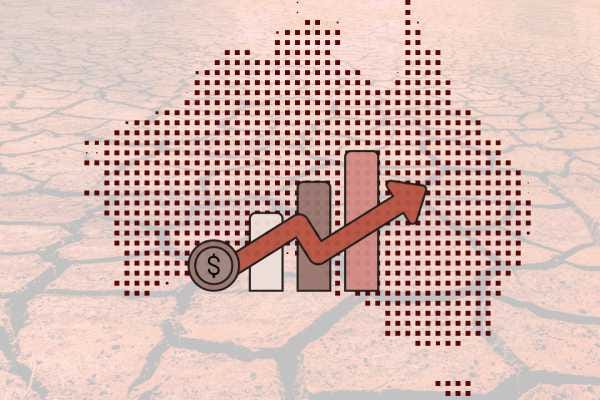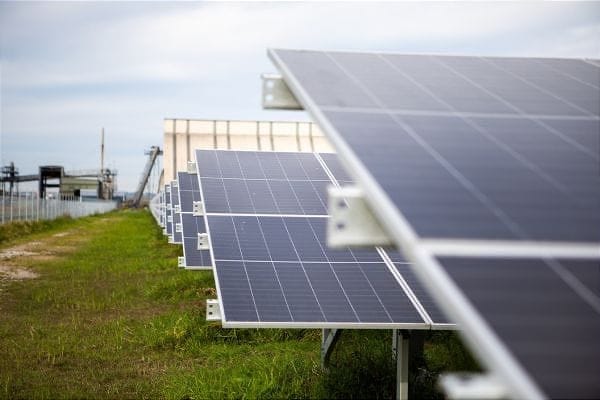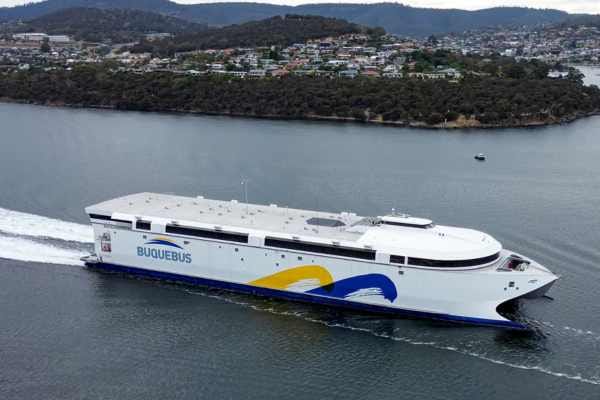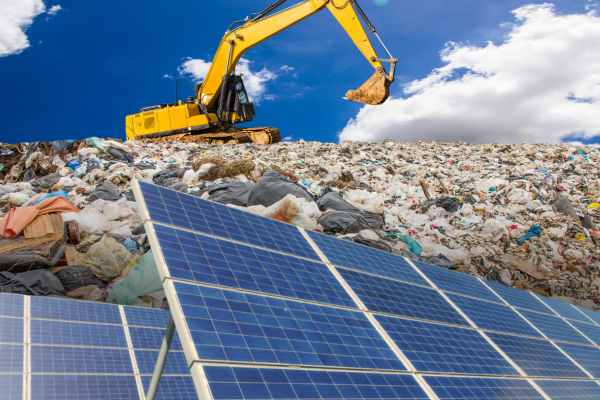Australia heads for climate reckoning
A landmark International Court ruling adds weight to the call for stronger climate action from political and business leaders.

The pressure is building as calls for climate accountability begin to zero in on political and business leaders.
The International Court of Justice (ICJ) published an Advisory Opinion last week that could open the way for smaller, climate-vulnerable nations to pursue compensation from higher-emitting countries such as Australia.
The advisory – which flies in the face of a recent Federal Court ruling that the Australian Government has no duty of care to Torres Strait Islanders over climate change – represents a turning point for low-lying Pacific nations, climate advocates say.
While the ICJ's advisory is not binding, it could open up pathways for countries to be held accountable to Pacific nations such as Vanuatu, which are widely recognised as among the world's most vulnerable countries to the impacts of climate change.
The Climate Council warns that future expansion of Australia's coal and gas export industry could be seen to constitute "significant harm to the climate system" under the new advisory.
Coinciding with the publication of the ICJ advisory last week came the news that Earth had reached its annual “overshoot day” on July 24th, six days earlier than last year on August 1.
This is a date allocated annually by the Global Footprint Network (GFN) to determine when humanity’s demand on nature has surpassed Earth’s capacity to replenish nature. The data is based on the National Footprint and Biocapacity Accounts maintained by Canada's York University.
"If we still want to call this planet home, this level of overshoot calls for a scale of ambition . . . that should dwarf any previous historical investments we have made, for the sake of our common future."
In addition, a separate date allocated to each country marks the date that Earth Overshoot Day would fall if all of humanity consumed at the same level as the people in that country – with Australia's date listed as March 19.
“We are stretching the limits of how much ecological damage we can get away with – it is now a quarter into the 21st century and we owe the planet at least 22 years of ecological regeneration, even if we stop any further damage now," GFN board member Dr Lewis Akenji said.
"If we still want to call this planet home, this level of overshoot calls for a scale of ambition in adaptation and mitigation that should dwarf any previous historical investments we have made, for the sake of our common future.”
The GFN highlights numerous solutions – including battery power and green hydrogen – already available that could turn the trajectory of Earth's Overshoot Day back in the right direction.
"For example, cutting CO2 emissions from fossil fuels by 50% would [move the date back] by three months," the GFN says.
While the high cost of implementing climate solutions is an argument often used by governments to justify continued investment in fossil fuel sectors, the OECD and the United Nations Development Programme (UNDP) recently released a joint report finding that ambitious climate targets can open up new economic opportunities and unlock investment for nations and businesses.
According to the report, these benefits reach beyond simple economics – and also have the potential to reap higher global gross domestic product (GDP), reduce poverty, boost energy security and improve community health outcomes.
A new economic reality
As global pressure for meaningful climate action ramps up, so too is business sustainability legislation in Australia, with mandatory climate reporting for larger organisations coming into force for the 2025 financial year.
Under the new legislation passed by Treasury in 2024, many large companies must not only disclose their carbon emissions but also determine how the reality of a warming planet could impact their balance sheets.
Adding to the pressure on corporate giants are the voices of their shareholders and investors. AFR recently reported that Macquarie Group had come under fire from shareholders at its annual general meeting as they demanded greater disclosure around its lending for coal and gas projects.
"Whether you're an ethical investor or not, time is running out on unsustainable fossil fuel projects and Macquarie needs to disclose its exposure."
Last week, Australian Ethical Investment joined the call for greater disclosure on the financial risks associated with fossil fuel investment.
“We want Macquarie to step-up and be transparent about its climate-related financial risks. Whether you're an ethical investor or not, time is running out on unsustainable fossil fuel projects and Macquarie needs to disclose its exposure,” Ethical Stewardship Lead at Australian Ethical, Amanda Richman said.
It's not only shareholders demanding change from businesses. Nearly half of Australian consumers now take sustainability into account when making purchasing decisions, according to a 2024 report from the Australian Consumer and Retail Studies (ACRS) Unit at Monash Business School.
And while many businesses have adopted green messaging to win over these customers, the Australian Competition and Consumer Commission (ACCC) warns that environmental and sustainability claims must be truthful, accurate, and supported by reasonable evidence – particularly when referring to future outcomes. And the penalties for breaches in Australia are rising.
Beyond business as usual
Research and advocacy organisation Climate Integrity says a new breed of businesses are rising up to meet some of these challenges as they shift the corporate climate narrative beyond carbon offsets as the primary path to net zero.
Together with the University of Technology's Institute for Sustainable Futures, it has jointly published a report to highlight what it describes as ‘real zero’ climate leadership.
The report identifies three companies operating in Australia that they describe as global decarbonisation leaders: Fortescue, IKEA and Lendlease.
These three companies are shifting from ‘net zero’ to ‘real zero’ strategies, according to the report, bringing a "science-based approach to decarbonisation that phases out fossil fuels without reliance on offsetting".
“The ambition displayed by Fortescue, IKEA and Lendlease is redefining what corporate climate leadership could and should look like both in Australia and around the world,” Climate Integrity director Claire Snyder said.
To illustrate, the report outlines the practices and approaches to decarbonisation from each of the companies, which it has rated as "faster, more accountable and ambitious" than the global norm.
Some of the key climate-leading attributes highlighted in the report include a demonstrated commitment to phasing out fossil fuels for significant parts of the business, and achieving decarbonisation without reliance on carbon offsets.
"Despite operating in sectors labelled harder-to-abate like mining, construction and retail, these companies are taking a vanguard position on emissions reductions, investing in the technology to reach ‘real zero’ and demonstrating a viable and profitable economic pathway to decarbonisation," the report says.





